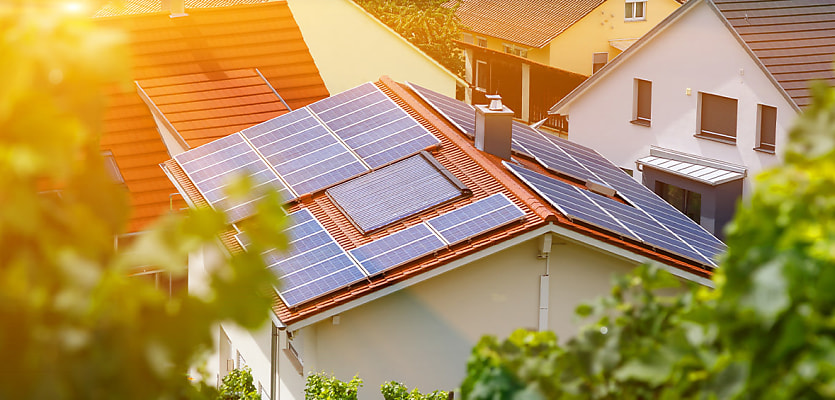Many Australian renters are seeking to lower their power bills and reduce their environmental footprint but feel the responsibility for improving energy efficiency falls on property owners.
A new report has revealed many renters are looking to improve energy efficiency in their homes but are faced with barriers, such as costs and feeling a lack of control over the improvements.
The PropTrack Origin Renter Reality Report, based on a survey of over 4,800 respondents, found 59 per cent of renters believe property owners are responsible for improving energy efficiency.
Because of this, 56 per cent of renters consider lack of control to be the primary obstacle when it comes to energy efficiency in the home.
However, upfront costs are also a significant issue, with 27 per cent of respondents believing the price tag to be the biggest barrier to an energy efficient home.
Despite these challenges, 45 per cent of renters said they plan to invest in energy efficiency improvements over the next five years, with 14 per cent set to spend $5,000 or less.
Meanwhile, 33 of renters said they currently have no energy-efficient features in their home, with another 22 per cent being unsure.
Additionally, 35 per cent of renters responded that they would be willing to pay more for a home with smart energy features.
Smart energy features can include smart thermostats, smart lighting, or energy monitoring devices to help resident cut down on energy consumption.
The findings came after a Domain report revealed that energy-efficient (EE) homes sell for for $118,000 more (14.5 per cent) than non-EE properties nationwide.
REA Group senior economist, Anne Flaherty, said that energy-efficient homes can offer relief for Australians amid surging costs, as well as contribute to broader environmental goals.
Yet due to limited control over property features, many renters are missing out on these benefits.
Despite the barriers, a third of respondents stated they would be willing to pay more for smart energy features, indicating motivations are there, yet stronger policies, incentives, and education are needed to help renting households improve energy efficiency.
“This could even begin with something as simple as a conversation with a landlord to identify energy-efficient opportunities in the home,” Flaherty said.
Origin Energy executive general manager for retail, Jon Briskin, said there are many simple, affordable, and temporary ways for renters to cut back on their energy consumption.
“This includes draught-proofing, upgrading appliances to energy-efficient models, as well as small changes to energy habits,” he said.
“We also welcome policy updates and improved availability of rebates that encourage landlords to improve energy efficiency in rental properties, including installing solar panels and batteries, ensuring renters share in the benefits and are not left behind in the energy transition,” he concluded.
ABOUT THE AUTHOR








You are not authorised to post comments.
Comments will undergo moderation before they get published.